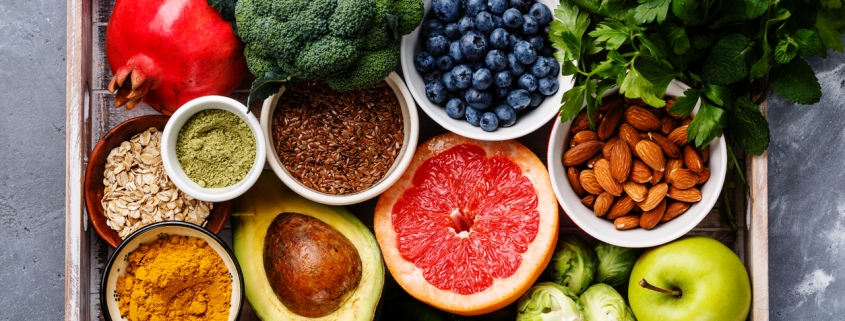You may have heard that the American Cancer Society recently reduced its screening guidelines for colorectal cancer to 45-years-old. What does that mean and why were the screening guidelines reduced from 50-years-old? Learn more about what early age onset colorectal cancer is and what you can do to protect yourself and your loved ones.
Why were the colorectal screening guidelines reduced?
The American Cancer Society recently reduced the standard screening age for those at average risk of colorectal cancer for multiple reasons. The first, and possibly most important, is the increase of diagnoses at younger ages. Early age onset colorectal cancer occurs when people who are under 50-years-old develop colon cancer. While diagnoses over the age of 50-years-old and above are decreasing, those under 50-years-old are seeing higher rates of the disease. Reducing the screening age is one way to ensure that those diagnosed with early age onset colon cancer have a better chance of fighting the disease.
What can I do to prevent early age onset colorectal cancer?
Aside from regular screenings starting at 45-years-old, there are multiple ways that you can lower your risk for early age onset colorectal cancer. First, you can eat healthily and stay at a healthy weight. Avoid process meats and sugar, while adding in more fruits and vegetables into your diet. Maintaining a healthy diet is one of the first steps to making sure you stay healthy as you age. Second, learn about your family history. If anyone has had colorectal cancer in your family, you may be more prone to developing the disease. Additionally, ulcerative colitis or Crohn’s disease may increase your risk of colorectal cancer. Finally, pay attention to early symptoms.[1] If you notice changes in your bowel movements or increase in fatigue, talk to your physician about the symptoms.
If you think you may be at risk for early age onset colorectal cancer, reach out to your family physician. Early detection is key in survival rates for colorectal cancer, so make sure to take your symptoms seriously and stay on top of your health.
Learn more about colorectal cancer and stay up-to-date by reading our blog.


